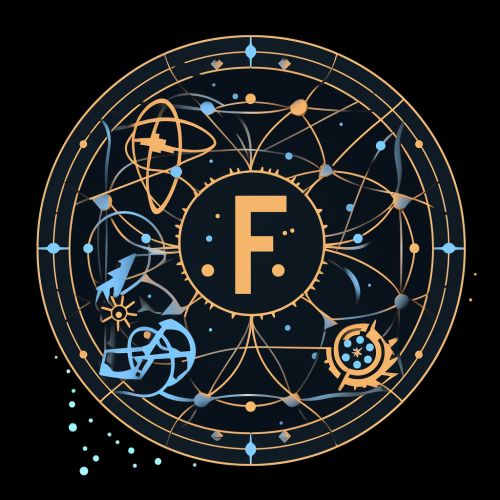Out(Fn) Groups
Introduction
The Out(Fn) group, also known as the outer automorphism group of a free group, is a concept in the field of group theory, a branch of abstract algebra. It is a group that describes the symmetries of a free group of rank n. The study of Out(Fn) groups has been a significant area of research in mathematics due to their rich structure and intriguing properties.


Definition
The Out(Fn) group is defined as the quotient group of the automorphism group of a free group Fn by its inner automorphism group In(Fn). In other words, Out(Fn) = Aut(Fn)/In(Fn). This definition arises from the desire to study the structure of free groups up to isomorphism, i.e., ignoring the distinctions between elements that can be transformed into each other by an automorphism.
Properties
Out(Fn) groups exhibit a variety of interesting properties, many of which are unique to these groups. Some of the most notable properties include:
Finiteness
Out(Fn) is a finitely presented group for n ≥ 2. This means that there exists a finite set of generators and relations that define the group. The finiteness property is a crucial aspect of Out(Fn) groups, making them more accessible for study.
Torsion-Free
Out(Fn) is a torsion-free group, meaning that it has no elements of finite order, except for the identity element. This property is a consequence of the fact that free groups are torsion-free.
Residual Finiteness
Out(Fn) is a residually finite group. This means that for every non-identity element of the group, there exists a finite index subgroup that does not contain the element. This property is significant in the study of subgroup structure and the algebraic geometry of Out(Fn) groups.
Structure
The structure of Out(Fn) groups is complex and has been the subject of extensive research. The group is known to have a rich subgroup structure, with many interesting subgroups that reflect the combinatorial and geometric properties of free groups.
Automorphisms
The automorphisms of Out(Fn) are closely related to the automorphisms of the free group Fn. These automorphisms can be classified into several types, including Nielsen automorphisms, Dehn twists, and Torelli automorphisms, each of which has a distinct effect on the structure of the free group.
Subgroups
Out(Fn) contains several important subgroups, including the Torelli group, the Johnson kernel, and the Handel-Mosher subgroup. These subgroups play a crucial role in understanding the structure and dynamics of Out(Fn) groups.
Applications
Out(Fn) groups have found applications in various areas of mathematics, including algebra, geometry, and topology. Some of the most notable applications include:
Geometric Group Theory
In geometric group theory, Out(Fn) groups are used to study the geometry and topology of free groups and their automorphisms. The group acts naturally on several geometric objects, such as the free splitting complex and the outer space, providing a geometric interpretation of its structure and dynamics.
Algebraic Geometry
In algebraic geometry, Out(Fn) groups are used to study the moduli space of algebraic curves, providing a link between the geometry of curves and the algebraic properties of free groups.
Dynamical Systems
In the theory of dynamical systems, Out(Fn) groups are used to study the dynamics of automorphisms of free groups, leading to the development of new techniques and concepts in the field.
